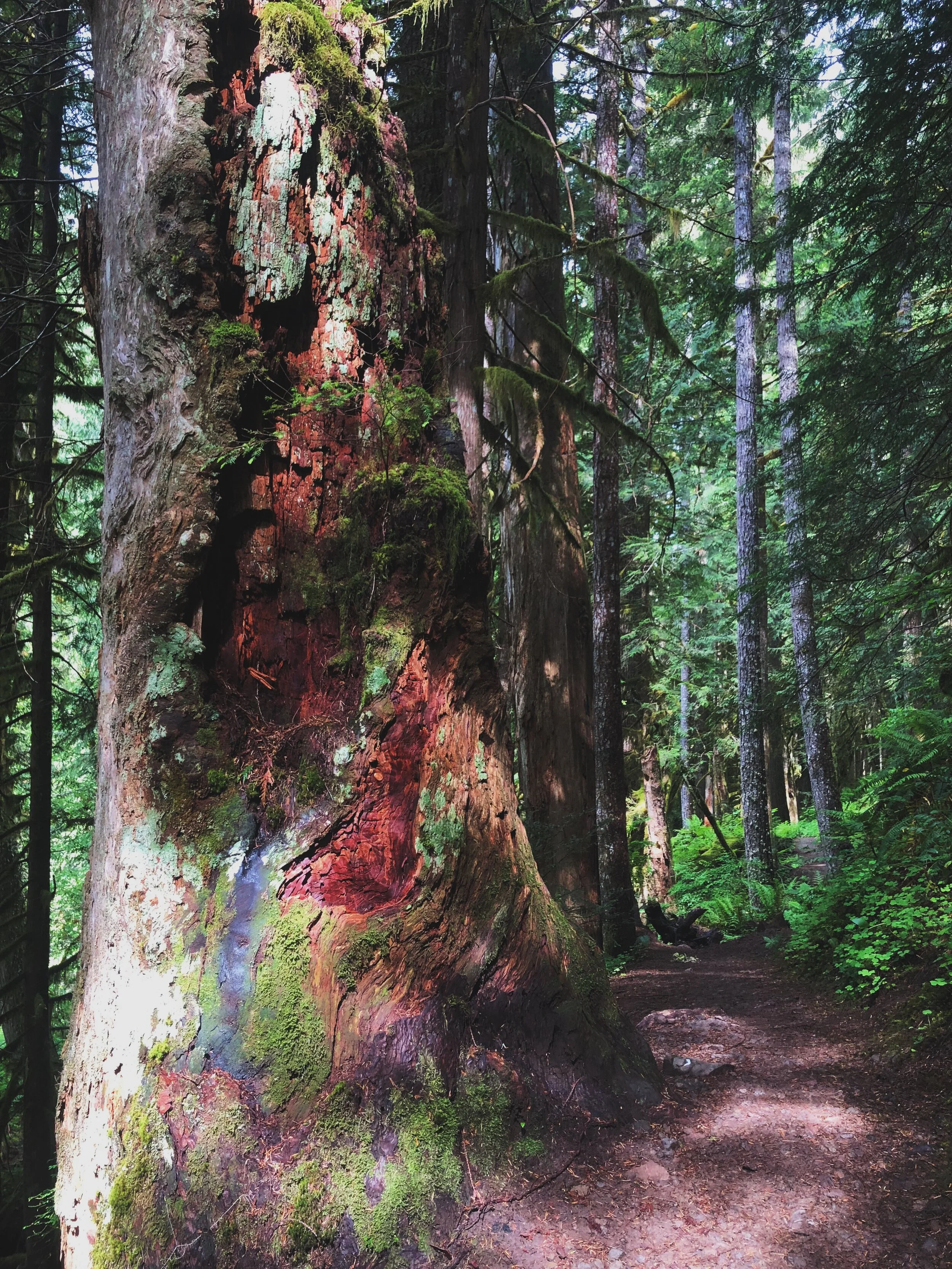June, Fourth Week :: 2021
/Here we are friends, closing the door already on June. I’m writing from the darkness of my bedroom, trying not to move too much as the temperatures have been so high the last three days and the air is thick with heat. We have one more day to go the forecasters tell us, 115 F today and then we’ll be back down into the 90’s, temperatures I’d normally be complaining about for our temperate climate, but now am happily looking forward to.
Since I wrote last (hello, hello to new readers and old friends!) I’ve finished my first term of school, turned 50 (woot!), celebrated our 30-year anniversary with a week on the mountain (the photos are from that trip) and started putting my house back in order after weeks of neglect. I’m just about ready to enjoy summer now!
Back in the spring, when the new flowers and leaves were beginning to reveal themselves, I told myself I wanted to start keeping a date journal of all the season’s firsts: First maple catkin, first tulip, first returning swallow, etc. but I was so busy with classes I kept procrastinating or forgetting. Now that we are sweltering under this strange heat dome, climate change feeling incredibly urgent and imminent, I keep thinking about how I wished I’d been charting such things for the last decade. I know the roses were early this year, and the first bumblebees, but I don’t know by how much. I think that information is going to matter as we continue down this path.
Not long ago I read Michael McCarthy’s Moth Snowstorm in which he talks about the abundance of wildlife all of us over a certain age used to encounter once upon a time. It’s true, as a young child in the 70’s, living both in the country and the city, I can remember finding hordes of insects, ponds full of frogs and tadpoles to be carted home, bushes full of butterflies and bees, nights dancing with moths. Between 4th and 5th grades, I must have “rescued” a dozen baby birds that had fledged or fallen from nests. Their disappearance happened so gradually I didn’t realize that my own children were rarely encountering these creatures. My children’s children will encounter even fewer. We are living in a slow-motion erasure.
Sam Lee, in a recent Emergence Magazine podcast, talked about that reality and said we have “an ever present need to fill our hearts with the richness of our land’s offerings.” There is grief we must contend with, he continues, but nature itself operates in the present and is always inviting us to see and experience and enjoy.
That’s my plan for the foreseeable future: to pay attention and enjoy, to open my eyes and ears (and my notebook!) and take it all in. I also hope to get back into a writing rhythm here. I’m not sure if I’m going to be in school full time in the fall or not. I loved, loved, loved school and will continue to go, but I missed a lot of things that are important to me over those twelve weeks. Things like having the time to cook a meal without stress, keep a tidy house, mental energy to read books, time to write and take long walks, time to garden and grow. In the culture of “do more and accomplish” none of those things are necessarily reasons to slow down, but to me they are essential parts of living a quality, meaningful life. I think in the future, school is going to be something I add to my already busy and happy days, not something that takes over all of them. We’ll see.
For now, summer, and paying attention.
More soon. Much love.
tonia




